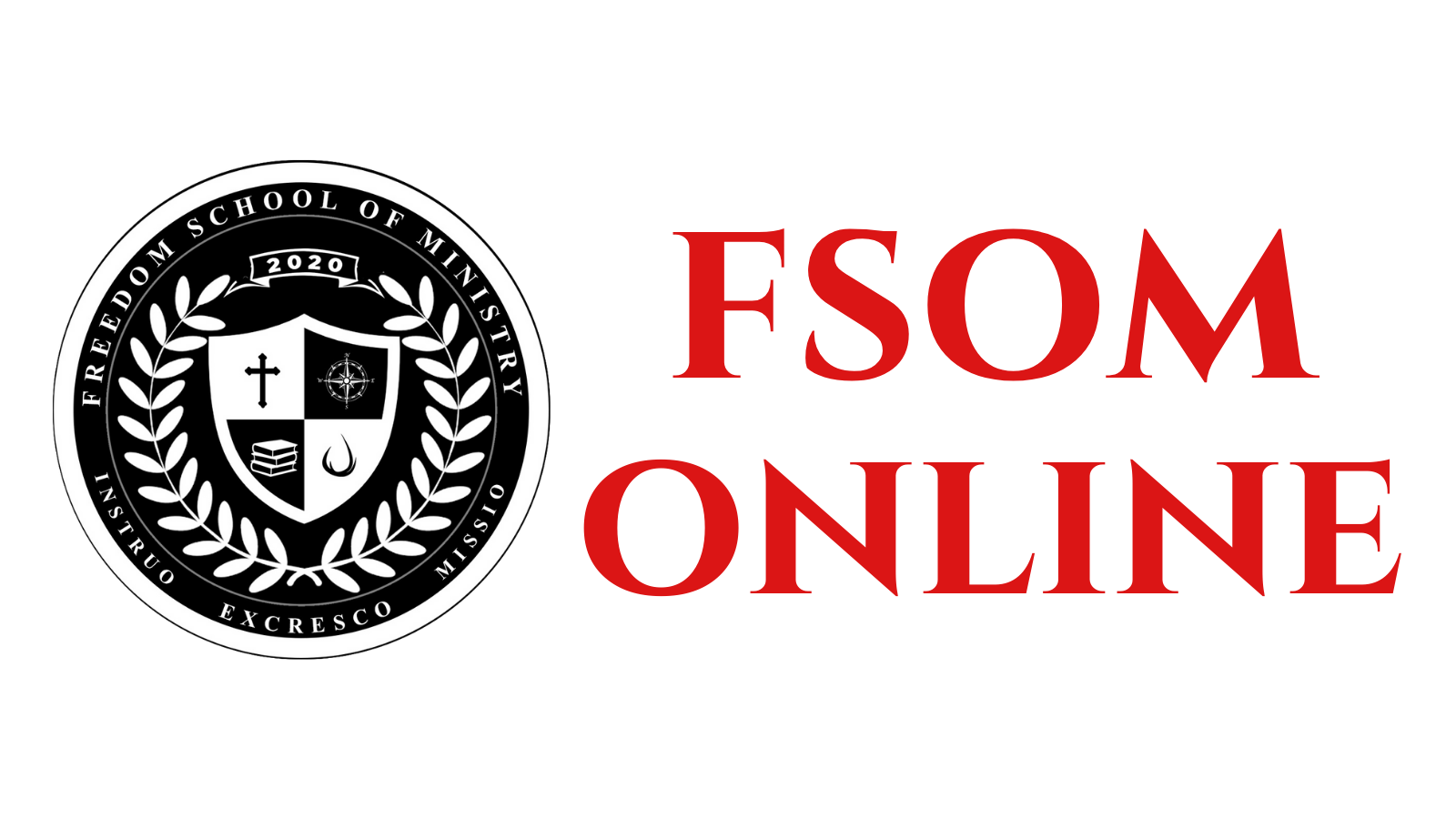Final Paper
Hermeneutics: Interpretive Journey
Chapter and verse citation:
Epistle of Paul to Philemon
Step 0: Begin with Prayer! (God is Over All!)
Step 1: Grasping the text in their town. What did the text mean to the original audience)
This letter was written by the Apostle Paul to Philemon, his family, and the church. Philemon was a wealthy slave owner. Saved under Paul’s ministry some years back, he held the church meetings in his home for the church at Colosse. One of his slaves, Onesimus, stole money, and ran away to Rome. Somewhere in Onesimus’ journey he met Paul and got saved. As was right during that era, Paul was sending him back to his slave master to right his wrongs- but now as a Christian and fellow brother. The dynamics of their relationship changed so Paul compelled Philemon on those terms to respond differently than what was the normal response of severe punishment for running away -and- stealing from his owner. Paul wanted the letter read before the church so that they too could receive the lesson in forgiveness as believers in Jesus Christ also reminding us that for our sins we are forgiven.
Step 2: Measuring the width of the river (What are the differences between the biblical audience and us) *comment on historical-cultural context.
1.Slavery is no longer practiced in this country. 2.The church meeting is primarily held in a church building instead of primarily in the home. 3. Letters are no longer the primary source of communication. 4. Letters are nowadays addressed to and written for the leader of the church, not to be relayed verbatim. 5. We don’t have to send someone with us a bodyguard of sorts, for slaves.
Step 3: Crossing the principlizing bridge (What are the timeless theological truths or theological principles
Forgiveness, unity, and peace amongst fellow believers are all extremely important. In John 13:35 Jesus said,” By this everyone will know that you are my disciples if you love one another.” Regardless of your station in life, wealth, position, or age, the word of God is for everyone and no one is exempt. It’s important that we don’t forget that Christ forgave us, that at some point or another we have owed others if on our fellow brothers. Also, another one is the importance of accountability. I love how Paul set the stage for Philemon to have to read the letter before the whole church: 1. He sent the letter and his slave through Tychicus who knew what it was about so that was a level of accountability. The reading of the letter to the church was another level of accountability. Not to mention the Lord knows when we sincerely forgive.
Step 4: Consulting the biblical map (How does the theological principle fit with the rest of the Bible) *comment on the literary context
Forgiveness has been an overarching theme from the beginning with Adam and Eve in the Garden. God forgave Adam and Eve of their disobedience, with consequences of course. Over and over again God forgives the children of Israel when they repent and follow the process of atonement He set in place. He says He will strip away the sin, destroy the sin and make them His people again; like the jewels of a crown again. Is 62:3, Zech 9:16. Then He promises to send the one who can take away our sin. Jesus comes in the NT forgiving sins with His blood for atonement once and for all.
Step 5: Grasping the text in our town (How would we live out theological principle today) *please lay out how you are planning to apply – or have already applied this – to your life and/or ministry (MOST IMPORTANT STEP)
I am applying this theological principle of forgiveness to every area of my life. Matthew 18: 21-22 says we should forgive our brother 77 times in a day. So when people offend me at work, in the stores, church, or at home, I do my best not to retaliate, remembering: 1. Jesus forgives me continually, so I must give the same to grace to my neighbor, and 2. I am not greater than my Master. The key response is to be found faultless, not take it to heart, and to say “Father, forgive them for they know not what they do.” Luke 23:34
I also realize that we are all hurt and broken people and we operate from that hurt and broken place until we receive healing. But it is how I as a Christian respond to those hurting both in the church and in the world.
I once lived with a lady who was constantly offended and being offensive. It was extremely difficult because I was dealing with my own soul wounds so sometimes I responded in love and sometimes I pushed her away with my responses because I couldn’t deal with her issues. The same situation came back around, it didn’t take me long to catch on and respond the right way.
My pastor always drilled into my head ‘don’t look at the person, look at the spirit influencing the person. If the spirit of offense, rejection, abandonment, witchcraft, etc is motivating them to do what they do, it would profit me nothing to feed into it or get upset by it.
